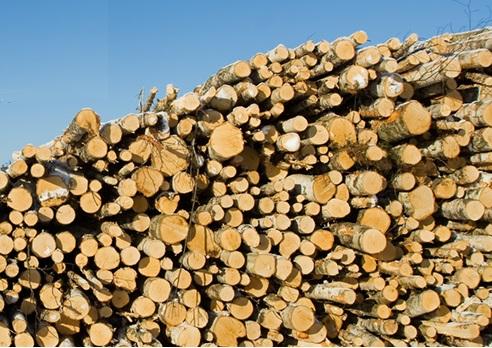
Swedish Biofuels has announced plans to bring 400,000 metric tons (130 million gal.) of sustainable aviation fuel (SAF) annually to the Swedish market by building three new plants producing alcohol-to-jet (ATJ) fuel.
This corresponds to about 40% of annual jet fuel consumption at Stockholm Arlanda Airport (ARN).
Construction of the first plant is under way at Brista, close to Arlanda, with funding support from the European Commission. Producing 20,000 metric tons a year from sustainable ethanol, the plant is planned to begin delivering fuel in 2025.
Inventor of the original AJT SAF production pathway, Swedish Biofuels is now working to gain ASTM approval for an alcohol-to-jet process that produces a synthetic kerosene which contains aromatic hydrocarbons (ATJ-SKA). This will enable the neat SAF to be a 100% replacement for fossil jet fuel.
Swedish Biofuels has partnered with consulting group COWI, which will contribute funding as well as expertise in project management, planning and construction of the plants. The facilities will produce ATJ-SKA SAF from industrial offgases and green hydrogen. Excess heat from SAF production will be delivered to Stockholm Exergi to heat homes in the city.
Earlier in May, South Africa’s Sasol ecoFT signed a letter with Swedish energy company Uniper and the municipality of Solleftea to investigate the possibility of establishing an industrial-scale SAF production facility under the SkyFuelH2 joint venture.
The ambition is to produce SAF using green hydrogen and carbon from biomass using Sasol’s Fischer-Tropsch technology. The selected site at Langsele near Solleftea has access to renewable electricity and forest biomass, which is abundant in Sweden.
Sweden’s SCA, the largest private forest owner in Europe, and Finland-based energy company St1 are building a jointly owned biorefinery in Gothenburg that will produce renewable diesel and SAF. Planned to be operational in 2023, the plant will produce 200,000 metric tons of biofuels a year from tall oil, a byproduct of wood pulp produced at SCA’s factories in Sweden.


Comments